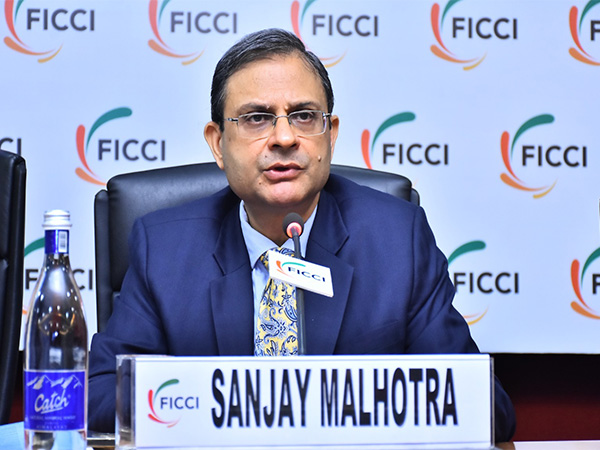Revenue Secretary Clarifies Capital Gains Tax Simplification in FY25 Budget
Revenue Secretary Sanjay Malhotra stated that the rationalisation of capital gains taxes in the FY25 Budget is aimed at simplifying the tax structure, not increasing revenue. He presented the changes to industry members, highlighting a unified tax rate and the removal of tax arbitrage across asset classes.

Revenue Secretary Sanjay Malhotra on Friday clarified that the rationalisation of capital gains taxes in the FY25 Budget is primarily a tax simplification measure rather than a revenue-augmenting strategy. Speaking to members of industry chambers CII and Assocham, Malhotra inquired if the industry favored different tax rates for various asset classes.
The FY25 Budget has streamlined the holding period for different asset classes, setting a one-year period for long-term capital gains (LTCG) tax on all listed assets and a two-year period for unlisted shares, debentures, and real estate. The tax rate for LTCG has been standardised at 12.5% for all asset classes, replacing the former different rates and indexation benefits.
Malhotra emphasized that the changes aim to reduce compliance burdens rather than reduce tax incidence for all cases. He noted that, while there is minimal revenue increase, the primary goal is simplification, which had been a consistent industry request. He also challenged the industry to consider if differing tax rates should apply to similar duration holdings of various asset classes.
The Secretary noted that the exemption limit for equities has been increased to Rs 1.25 lakh per annum, with the tax rate now at 12.5% to align with other asset classes. He stated that despite CII's pre-budget request for two LTCG tax rates, the decision was made to create a unified tax regime.
(With inputs from agencies.)










